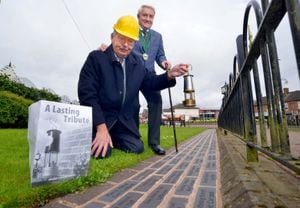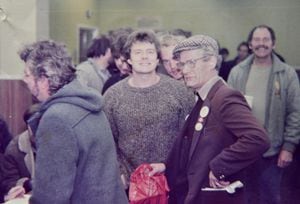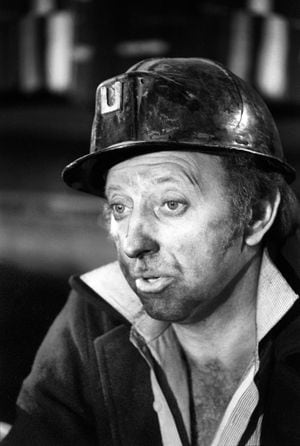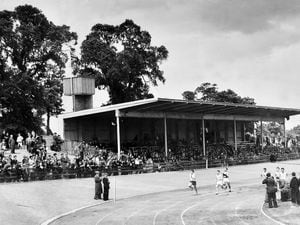Miners' strike 40 years on: Battle in Brum sowed the seeds of what was to come
The miners' strike shook the nation like no other industrial unrest. Today, almost 40 years on, Mark Andrews launches a major new series looking back at the dispute and our region's part in it.

Four decades on, the year-long miners' strike still touches a raw nerve with Alan Pearson.
When asked for his memories about the dispute, he is suspicious about how he will be reported, and guarded in his answers.
"I was on strike all the way through," says the now chairman of Cannock Chase Council, who was then a 30-year-old miner at Littleton Colliery.

"There was no bullying, no intimidation from our side, the only intimidation we ever saw came from the police," he adds curtly.
It will be 40 years next month since the outbreak of the 1984-85 miners' strike.

And with the possible exception of the General Strike of 1926, it is hard to think of an industrial dispute, at least within living memory, which stirs up more emotion.
While today's disputes involving doctors and rail workers may be frustrating, there is nothing like the kind of rancour which occurred 40 years ago.
Families were divided, friendships broken. Close-knit communities were split asunder, and in some instances, the acrimony turned violent. Three people paid with their lives, 200 spent time in prison, and 20,000 suffered injuries as the tensions mounted.
And for those miners who stuck it out to the bitter end, it was a period of great hardship.
There would have been little common ground between Councillor Pearson and Michael Eaton, who at the time was chief spokesman for the National Coal Board.
But surely even he would have agreed with Mr Eaton when he said: "There is no victory. The coal industry has lost, it's the victim. We have lost markets, we have lost good labour relations over the course of this dispute."
The strike began in South Yorkshire on March 5, 1984, spreading across the country over the days that followed.

But in reality, the tensions had been building up for more than a decade – and the seed for the ongoing strike in 1984 was sown in the West Midlands.





